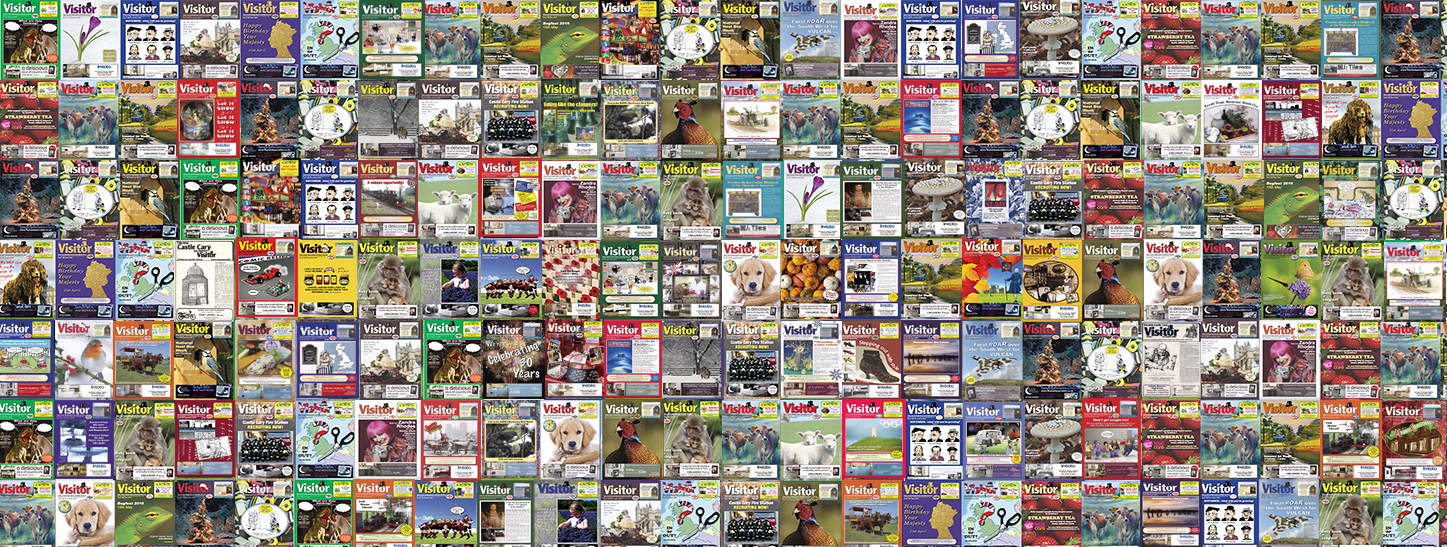
Longleat Safari Park is enjoying a summer baby boom with no fewer than 20 monkeys, three rare Chinese deer, marmoset twins and two reindeer calves all making their first public appearances in recent weeks.
The number of baby monkeys born is such that even the dominant male, known as Phil, has taken to helping out with babysitting duties.
Found throughout south east Asia and across the Indian subcontinent rhesus monkeys thrive in a wide variety of habitats and climates.
In some parts of India, they are believed to be sacred with the result that they have lived in close contact with humans for countless centuries – particularly in and around Buddhist and Hindu temples.
The black-tailed marmoset twins, which weighed less than 40 grams each when they were born, can spend up to the first six months of their lives clinging to the backs of their parents.

Although relatively common in their native Brazil, it is unusual for them to breed successfully in the UK and keepers at the Wiltshire attraction are delighted with how well the pair are doing.
Marmosets live in social family groups and have a strict hierarchy ranking. Unusually for primates females nearly always gives birth to non-identical twins.

Keepers are also celebrating the arrival of a trio of Pere David’s fawns. Pere David’s deer are originally from China and at one time there were only 18 left in the world.
Following successful breeding programmes at Longleat and other zoos and parks around the world they have been reintroduced to their Chinese homeland, but are still regarded as under threat.
The Safari Park has also welcomed another new arrival in the shape of 2 tiny reindeer calves. The reindeer play a key role in Longleat’s Christmas celebrations; welcoming visitors to Santa’s woodland grotto.
Longleat’s Ian Turner said: “It’s already been a good year for births here and it seems like the trend is continuing into the summer.
“Earlier in the season we had three baby oryx and two baby giraffes born.

“It’s particularly pleasing so many different species are breeding and is a really good sign they‘re happy and healthy,” he added.
All the youngsters are on public display, except the reindeer calves, and it is hoped many visitors will be able to catch their first glimpse of them over the coming months.

